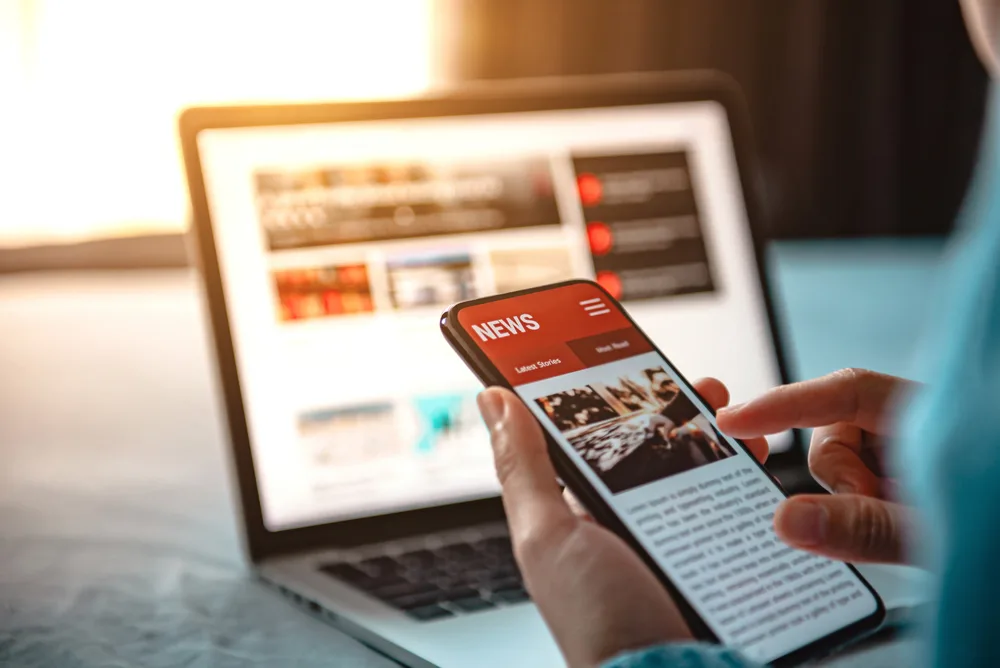SUMMARY
In this second episode – we talk about IF we should innovate during a pandemic and how we can innovate quickly! Should we be looking for ways to do things differently? We think so. We talk about why companies should be innovating and some examples of companies doing just that!
Connect with Ask an Innovator
Innovating in an Era of Uncertainty Webinar
Have a question you want answered on a future episode? Heck yes! Email us!
FULL TRANSCRIPT
Erin Srebinski [00:12]: Good morning. This is Erin Srebinski. I’m here with Josh Barker. And the topic today is should companies really be innovating in this time? We talked through what they should do, and some examples of companies doing a really great job. So let’s dig in. Alright, so what is one thing companies need to know about innovation going into a crisis time?
Josh Barker [00:34]: That’s a good question. So what is one thing companies need to know about innovation going to crisis time? I think one of the questions that we just kind of went through nailed it. Companies tend to spend more money and plan innovation during times that are good, but the truth of the matter is, is that innovation is one of the most needed things during a time of crisis. Because when you take a look at crisis, and specifically economic crisis, you oftentimes people say like, let’s hunker down and just weather the storm. But realistically, I think people don’t look at it enough as an opportunity.
If you look around you and you look at competitors, competitors are all doing this. They’re all hunkering down at this time. They’re like let’s hunker down weather the storm. That is the traditional fear mindset, versus sinking in versus an innovative mindset or a faith-based mindset saying, “Okay, this is an opportunity.” When everyone is hunkering down, I’m gonna go find where the stream has been diverted to, and go find that new innovative thing that everyone needs during this time and really help. So I think that’s one thing companies need to know about innovation, is innovation is needed more than ever.
ES [01:50]: I’ve been seeing some really cool examples of innovation during COVID-19. And we’ve kind of just touched on this but do you think innovation is more prevalent in a time of crisis or should it be? And what are some cool examples? What are some companies you’ve seen really knocking this innovation out of the park?
JB [02:06]: That’s a great question. Yes, I think innovation is really seen in a time of crisis. Because if you think about pressures or constraints, that is what causes a huge amount of innovation in the marketplace. So when you start to see constraints, like if you take a startup, for example, a lot of the reason they’re able to create these cool and innovative things is they’re small, so they don’t have a large team. That’s a constraint. They have very limited cash. That’s another constraint. So during a time of crisis, you see more constraints, right? You start to see people withhold more money and hunker down like we’re talking about. And so you start to have to get creative, you start to have to innovate.
So, taking an example, if you look at Tesla, you look at the automotive industry right now, in a time of crisis the trend is the automotive industry kind of sinks during a time of recession, right? People buy cars less. So in order to adapt Tesla, you know, Elon Musk saw this and looked at what he has an asset saying he has a lot of manufacturing plants. And he said, Okay, well, I know there’s a shortage of ventilators, what if we were to take what we have and start manufacturing ventilators. So this is a very cool example of being able to innovate and pivot very, very quickly towards an area need, instead of saying, “Hey, we’re going to continue to manufacture automobiles,” at a time when people don’t really buy automobiles.
ES [03:43]: Yeah. I’ve also seen this with smaller companies trying to get online for instance, a bar here in Chicago (looking at you Violet Hour), instead of going to the bar and you can order the cocktail materials have them delivered to your house and then they do a virtual online class to show you how to make these cocktails. Which is such a cool concept, no one else is doing that. Have you seen any other examples like that? Maybe with like smaller businesses or anything like that, that you’ve noticed? Like, whoa, that’s so cool?
JB [04:13]: Oh, for sure, yeah, that’s happening all over the place. And I think restaurants are a great example. So another one is across the street from our office, there’s a smoothie place (Hi, Clean Juice!), I really like to get smoothies or protein shakes.
And so obviously, with this whole social distancing going on, what they’ve done is they’ve said, Well, you know, what, what we’re going to do is instead of coming in and getting your shake, blended, we’ll actually like, give you the ingredients in a cup to go cup unblended and you can order like six of these or a dozen of them. And so then you take them back to your place and then you blend them yourself. They’ve pivoted their business model to be more quick and efficient, to get in and get out, and to also be able to freeze a lot of them. Then you can use them later.
There’s a lot of these types of examples that are just taking into account all of these different factors that weren’t there before, right? Like social distancing, being hunkered down at home, you know, etc



